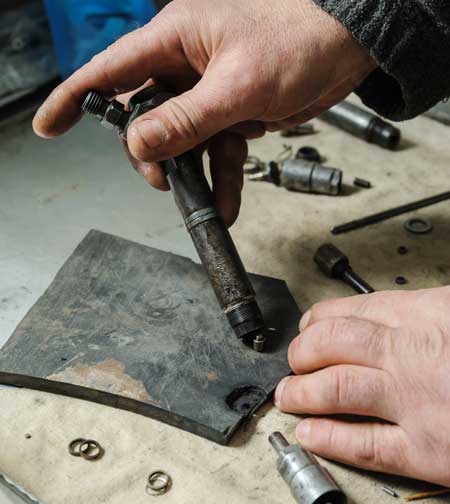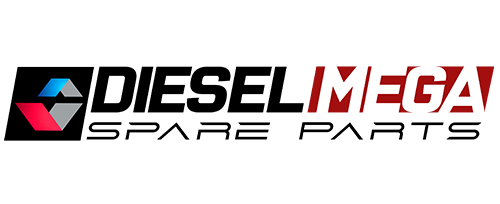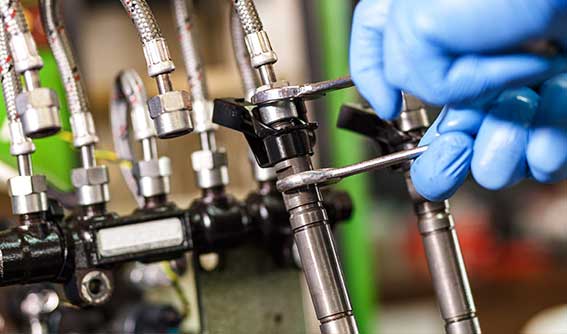The Ultimate Guide to Diesel Injectors: Types, Functions, and Common Problems
The Ultimate Guide to Diesel Injectors: Types, Functions, and Common Problems
Diesel engines are the workhorses of the automotive world, powering everything from trucks and buses to tractors and generators. But what keeps these powerful machines running smoothly? The answer lies in a small but crucial component: the diesel injector.
What are Diesel Injectors?
Diesel injectors are precision devices that atomize and spray fuel directly into the engine’s combustion chamber under immense pressure. This precise fuel delivery is critical for optimal engine performance, efficiency, and emissions control.
Types of Diesel Injectors:
There are several types of diesel injectors, each with its own advantages and disadvantages:
- Unit Injectors: These injectors combine the injector nozzle and pump in a single unit, making them compact and reliable. However, they are also more expensive and complex to repair.
- Common Rail Injectors: These injectors use a separate high-pressure fuel rail to supply fuel to multiple injectors. This allows for more precise control of fuel injection timing and quantity. However, they require a complex and expensive fuel injection system
- Hydraulically Actuated Injectors: These injectors use hydraulic pressure to open and close the injector nozzle. They are simpler and less expensive than electronically controlled injectors, but they offer less precise control over fuel injection
- Piezoelectric Injectors: These injectors use piezoelectric crystals to open and close the injector nozzle. They offer the most precise control over fuel injection timing and quantity, but they are also the most expensive type of injector

Functions of Diesel Injectors:
Diesel injectors perform several critical functions:
- Atomize Fuel: They break down the fuel into fine droplets, creating a larger surface area for easier combustion.
- Control Fuel Quantity: They precisely measure the amount of fuel injected into the combustion chamber based on engine load and speed.
- Control Fuel Injection Timing: They inject the fuel at the optimal time in the combustion cycle for maximum efficiency and power.
- Maintain Spray Pattern: They create a consistent and evenly distributed spray pattern for optimal combustion.
Common Diesel Injector Problems:
Like any mechanical component, diesel injectors can wear out and malfunction over time. Some common problems include:
- Clogged Nozzles: Dirt and debris can build up in the injector nozzle, restricting fuel flow and causing poor engine performance.
- Leaking Injectors: Worn seals or cracked injector bodies can allow fuel to leak, leading to power loss and increased emissions.
- Sticking Injectors: Deposits can cause the injector needle to stick open or closed, disrupting the fuel injection process.
- Faulty Electronics: In electronically controlled injectors, malfunctioning sensors or solenoids can affect fuel injection timing and quantity.
Maintaining Your Diesel Injectors:
Regular maintenance is key to keeping your diesel injectors healthy and functional. This includes:
- Using high-quality fuel: Low-quality fuel can contain contaminants that can damage injectors.
- Changing fuel filters regularly: Dirty fuel filters can restrict fuel flow and shorten injector lifespan.
- Using injector cleaner: Periodically using a fuel injector cleaner can help remove deposits and keep injectors functioning properly.
- Having your injectors professionally serviced: Regular professional cleaning and inspection can help identify and prevent injector problems.
By understanding the different types, functions, and common problems of diesel injectors, you can ensure your engine runs smoothly and efficiently for years to come. Remember, these tiny injectors play a big role in keeping your diesel beast humming!




